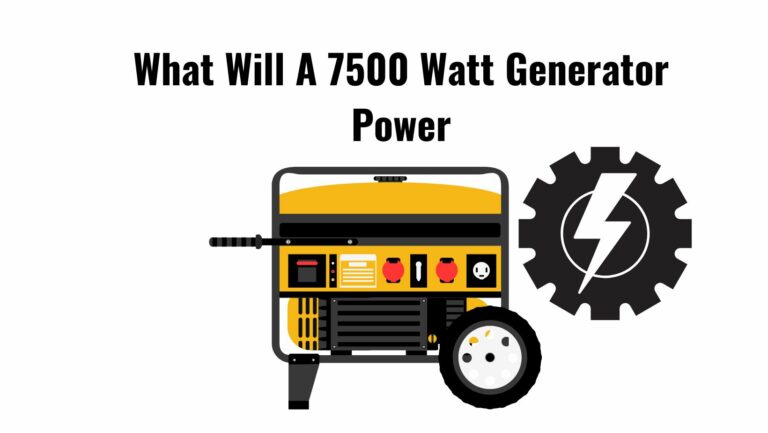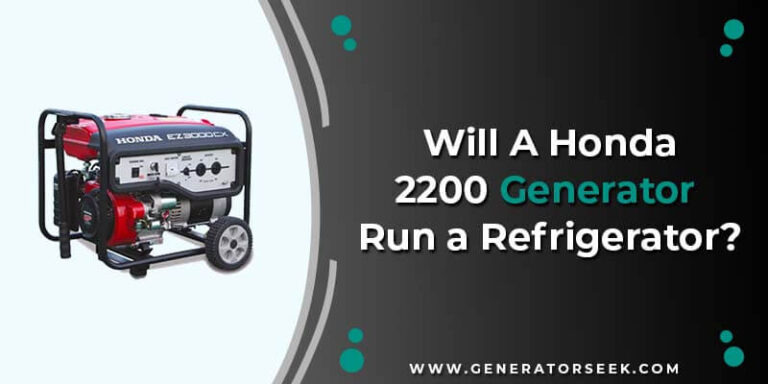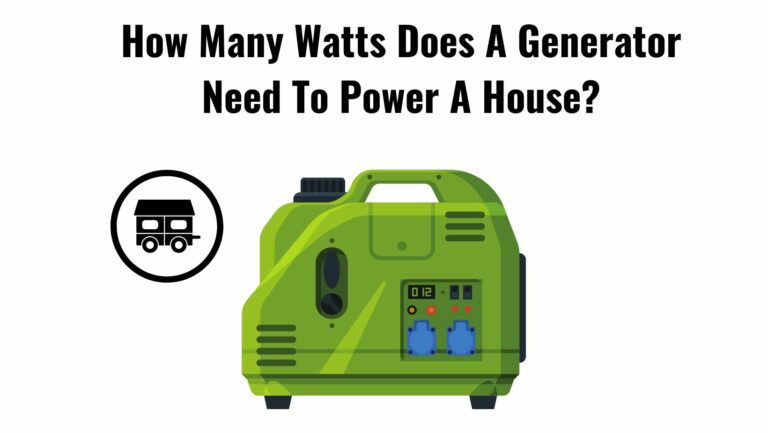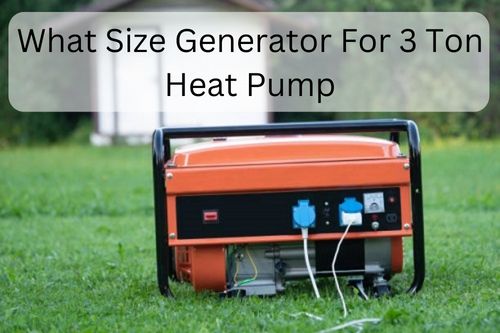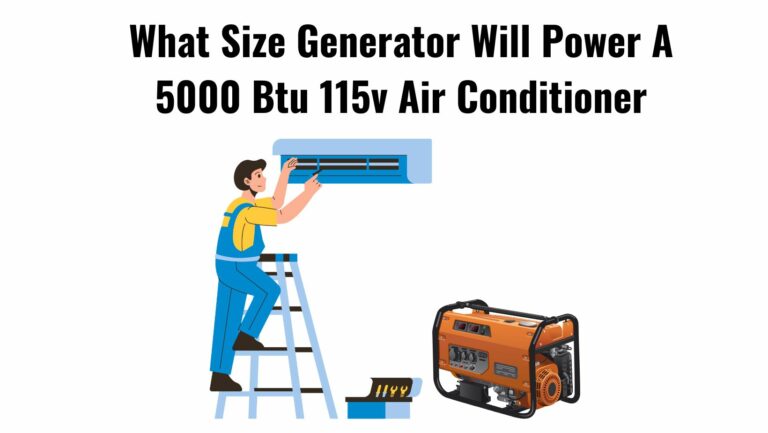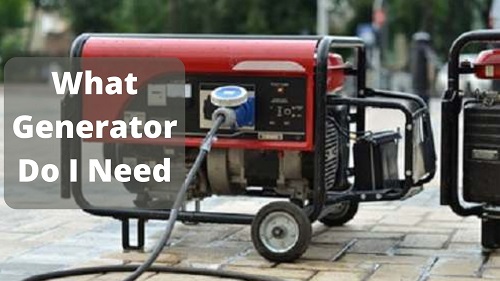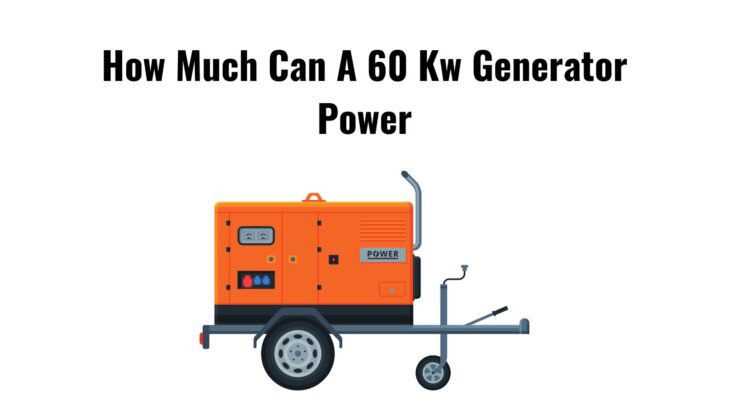
A generator is a crucial piece of equipment that provides backup power during power outages or other emergency situations. One type of generator is a 60 kW generator, which has a maximum power output of 60,000 to 55,000 watts. To determine the suitability of a generator for your power needs, it is important to understand its power output. In this blog post, we will explore all about 60 kW generators and why it is important to understand generator power output.
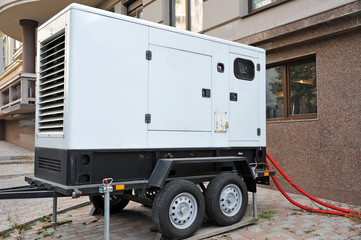
Generator power output is a measure of the amount of electrical energy the generator can produce in a given amount of time. It is usually expressed in kilowatts (kW) or kilovolt-amperes (kVA). Understanding the power output of a generator is important because it directly affects the amount of electrical equipment that the generator can power. A 60 kW generator is a mid-sized generator that is capable of powering a variety of electrical equipment, including homes, small businesses, and industrial sites.
By understanding the power output of a generator, you can make informed decisions about the type of generator you need and ensure that it meets your power requirements. In this blog post, we will discuss in detail the power capabilities of a 60 kW generator and its advantages, so you can determine if this is the right generator for your needs.
Generator Power Output
Generator power output refers to the amount of electrical energy a generator is capable of producing. This power output is crucial to understand, as it determines the generator’s capability to power various appliances and devices. By understanding the generator’s power output, you can ensure that you have the right generator to meet your energy needs.
Generator power output is typically measured in kilowatts (kW) or megawatts (MW). One kilowatt is equal to 1000 watts, and one megawatt is equal to 1 million watts. The power output of a generator is usually marked on the generator’s nameplate and refers to the maximum power that the generator can produce continuously.
Factors Affecting Generator Power Output
There are several factors that can affect a generator’s power output, including:
- Engine size: The size of the generator’s engine is directly proportional to its power output. Larger engines can produce more power, while smaller engines produce less.
- Fuel type: The type of fuel used in the generator also affects its power output. Diesel generators tend to produce more power than gas generators.
- Fuel Quality: At low temperatures, diesel fuel can gel due to its paraffin content, clogging fuel filters and altering the air-fuel ratio.
- Load: The load, or the amount of energy being used by the appliances and devices connected to the generator, also affects its power output. A generator can produce less power when under a heavy load.
- Operating conditions: The environment in which the generator is operating can also affect its power output. For example, high temperatures can reduce a generator’s power output, while cool temperatures can increase it.
- Altitude: High altitudes can reduce air pressure and density, causing problems with generator start-up and adequate air supply for ignition.
- Temperature: Extreme temperatures can affect the air density, causing issues with air supply and potentially leading to engine overheating.
- Humidity: High humidity levels can displace oxygen, causing ignition problems in engines.
- Maintenance: Neglecting regular maintenance can lead to a decline in generator efficiency and power output.
- Derating: The generator’s performance under non-standard environmental conditions can be estimated through the process of derating. Factors such as altitude and temperature can impact the generator’s output, with different brands having different derating factors.
How Much Can a 60 kW Generator Power?
A 60 kW generator is a powerful piece of equipment capable of providing a substantial amount of electrical energy. However, it’s essential to understand what exactly 60 kW means and how much power it can actually provide. This section will provide insight into the power needs of various appliances and facilities, allowing you to determine if a 60 kW generator will meet your energy needs.
the Power Needs of Various Appliances
The amount of power that various appliances require can vary greatly. Some appliances, such as a refrigerator or a small electric heater, may only require a few hundred watts, while larger appliances like an electric stove or an air conditioning unit can require several thousand watts.
To get a better understanding of the power requirements of your appliances, you can look at their specifications. Most appliances will list their power requirements in watts. If you add up the power requirements of all the appliances you want to run at the same time, you will get a rough estimate of the total power you need.
Estimating the Power Needs of a Typical Home
A typical home may require anywhere from 5 kW to 20 kW to run all of its appliances and electrical systems. This includes lighting, heating, and cooling systems, major appliances like refrigerators and washing machines, and other electrical devices like televisions and computers.
If you have a larger home with more appliances or higher energy usage, you may require a generator with a higher power output. However, for a smaller home or apartment, a 60 kW generator could be more than sufficient.
Powering a Small Business or Commercial Space
A small business or commercial space may require a higher power output than a typical home, depending on the size of the space and the types of equipment being used. For example, a small retail store or a restaurant may require 7 kW to 20 kW, while a larger manufacturing facility may require 50 kW or more.
When estimating the power needs of commercial space, it’s important to consider all the electrical equipment that will be in use, including lighting, heating and cooling systems, and any large machinery or appliances.
Powering an Industrial Site or Large Event
An industrial site or large event may require a substantial amount of power, often in excess of 100 kW. This could include everything from large-scale manufacturing equipment to lighting and sound systems for concerts and festivals.
When calculating the power needs of an industrial site or large event, it’s essential to take into account all the electrical equipment that will be in use and to consider any additional power that may be required for unexpected circumstances.
However, a 60 kW generator can provide a substantial amount of power, making it a cost-effective solution for a range of applications, including homes, small businesses, and commercial spaces. However, it’s important to understand your power needs and to choose a generator with an output that will meet your specific requirements.
Frequently Asked Questions about 60 kW Generators
How big is a 60 kW generator?
The size of a 60 kW generator can vary depending on the manufacturer and specific model. However, most 60 kW generators are relatively large, measuring between 6 and 8 feet in length and width and weighing several hundred pounds. Some larger models may be over 8 feet in length and width and weigh over a thousand pounds.
What is the output of 60 kVA generator?
The output of a 60 kVA generator is equal to 60 kilovolt-amps, which is equivalent to 60,000 volts and amps. This type of generator can provide a continuous output of 60 kW and is designed to meet the power needs of a wide range of applications, including homes, small businesses, and industrial sites.
How much can a 60 kW diesel generator power?
A 60 kW diesel generator can power a wide range of appliances, equipment, and systems, depending on their individual power needs. For example, a 60 kW diesel generator could power a small business or commercial space, including lights, heating, air conditioning, and other essential systems. In a residential setting, a 60 kW diesel generator could power a large home or multiple smaller homes, ensuring a reliable source of power during outages.
How many kW generators do I need to run a house?
The amount of kW generator you need to run a house will depend on the size of your home and the power needs of your appliances and systems. A rough estimate is to multiply the total square footage of your home by 3 to determine the approximate power needs. For example, if you have a 2,000-square-foot home, you would need a generator with a capacity of 6,000 Watts (6 kW) to run your home. However, this is a rough estimate and you should consult with a licensed electrician to determine your exact power needs.
What size generator do I need for a 4-bedroom house?
The size of the generator you need for a 4-bedroom house will depend on the specific power needs of your appliances and systems. However, as a rough estimate, you could need a generator with a capacity of around 4,000 to 8,000 Watts (4-8 kW) to run a 4-bedroom house. This estimate takes into account the power needs of essential appliances, such as lights, heating, air conditioning, and other systems. Again, it’s recommended to consult with a licensed electrician to determine your exact power needs.

